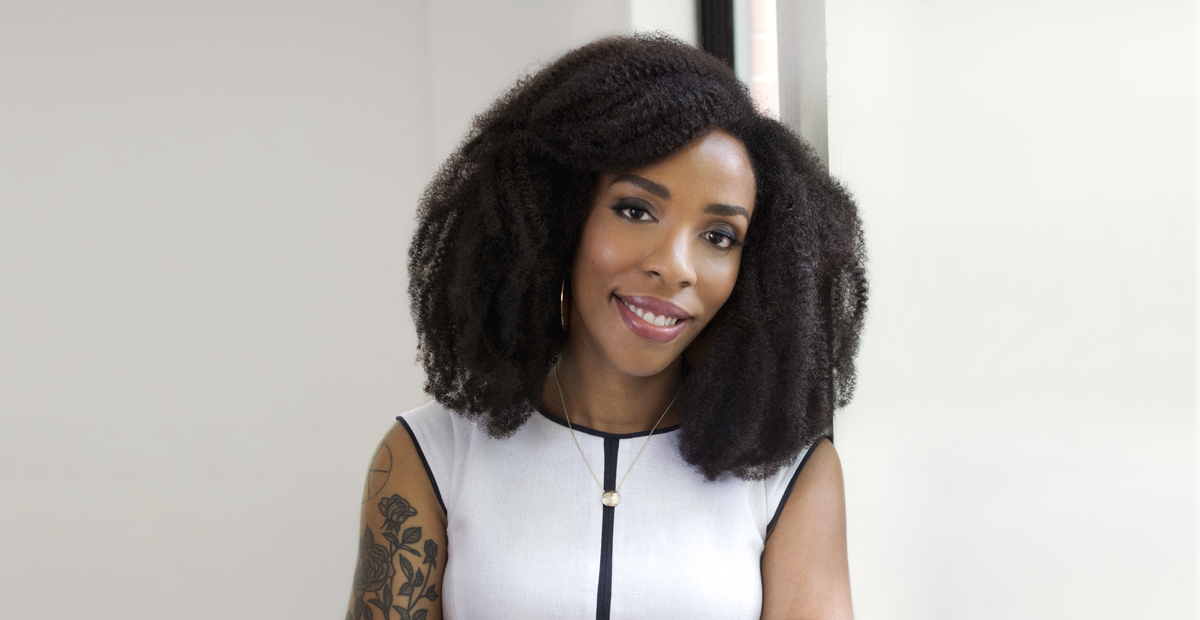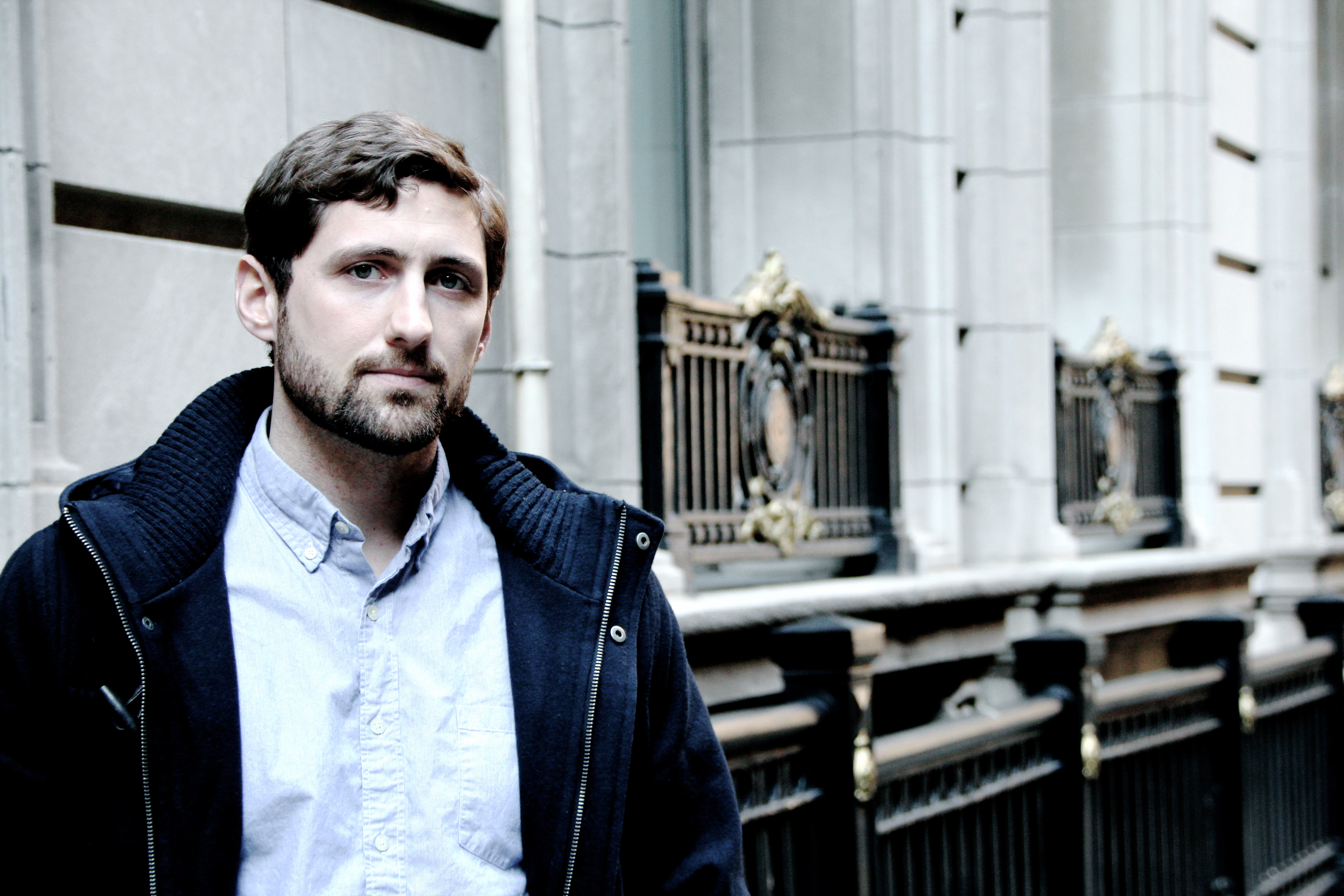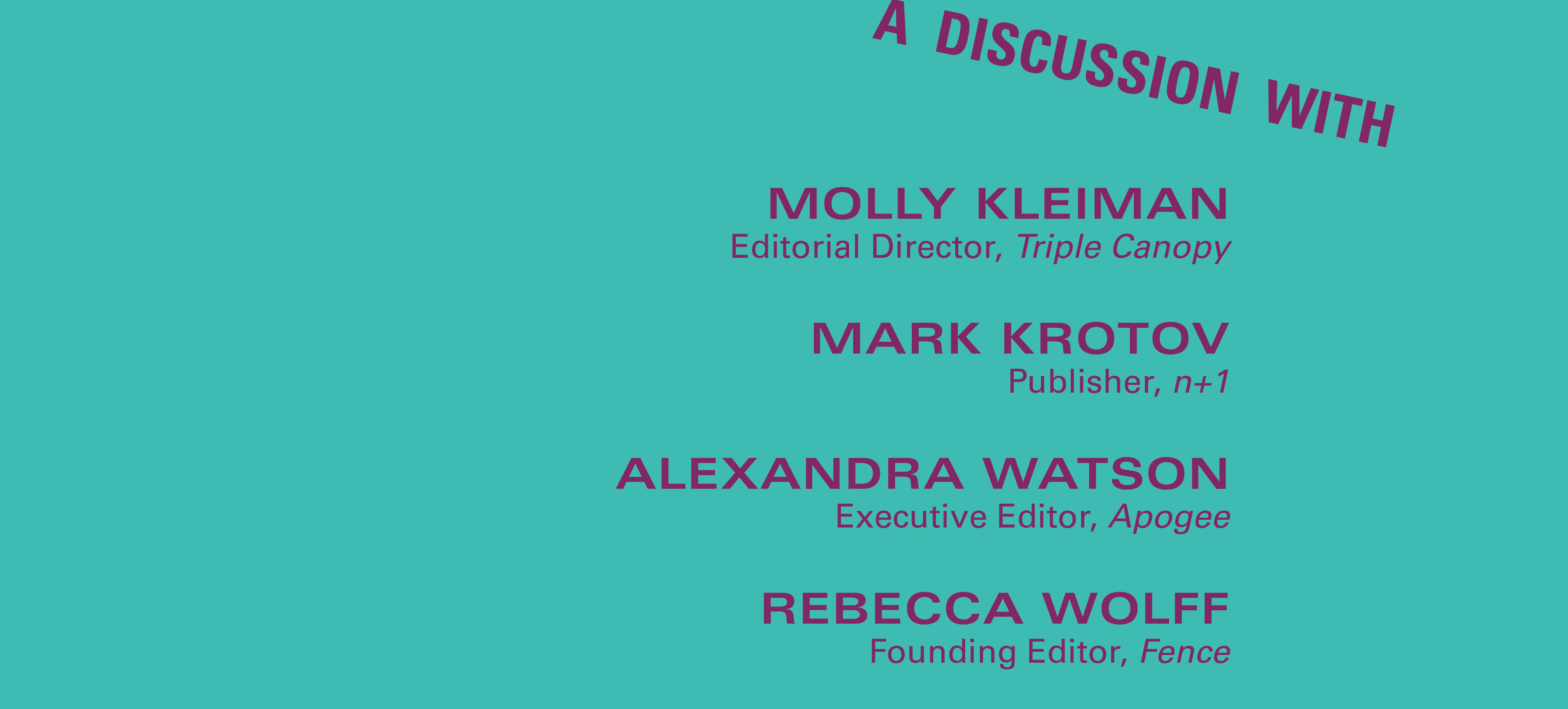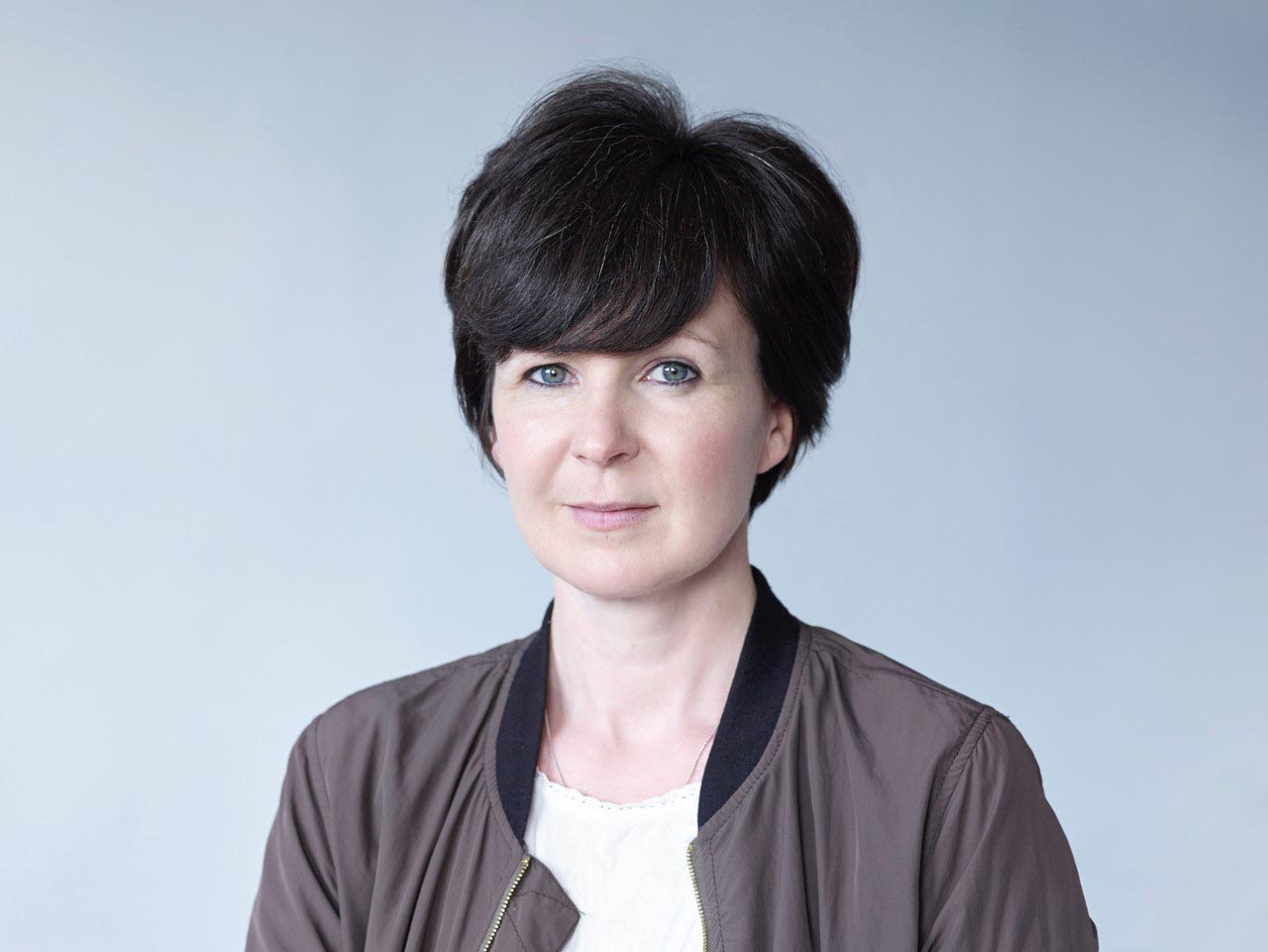The Word Process is an interview series focusing on the writing process and aimed at illuminating the many ways that writers approach the same essential task. In this interview, Lauren Wilkinson talks about making writing a habit, why she runs errands when she’s stuck, and protecting time for your writing.
[Wilkinson is the fiction judge for Columbia Journal‘s 2018 Winter Contest. Submit your work here by December 15.]
You can read previous Word Process interviews here.
Wilkinson earned an MFA in fiction and literary translation from Columbia University, and has taught writing at Columbia and the Fashion Institute of Technology. She was a 2013 Center for Fiction Emerging Writer’s Fellow, and has also received support from the MacDowell Colony and the Djerassi Resident Artists Program. Lauren grew up in New York and lives on the Lower East Side. Her debut novel American Spy is being published by Random House in February 2019.
What does your writing desk look like? What objects, photographs, texts or talismans do you keep there?
I don’t have a dedicated writing desk. Sometimes I write at the table in my bedroom or the one in my living room. Sometimes I write at a nearby co-working space. All of these desks are characterless and sparse—the only things I tend to keep nearby are books and my phone.
Describe a typical day in your writing life.
As you can probably tell from the first question, I don’t really need to keep a specific space sacred for writing, but I do like to protect a particular time. When I was working on my novel, I’d get up at around 4AM. My brain feels “freshest” then and it’s also relatively quiet—both in the real world and on social media—so I’m less likely to be distracted. First, I’d walk my dog to get my blood pumping (important to prevent myself from going back to sleep) then I’d make some coffee and start writing. I’d sit in front of my computer until 2 or 3; sometimes I’d take a nap then and go back to writing again in the evening.
For what it’s worth, I don’t recommend this. It was unhealthy to write as compulsively as I was doing. Plus, I’d start to get diminishing returns after just a few hours, so a lot of that time was spent trying to force writing that just wasn’t going to come, which means that while my intent was to use my time as productively as possible, I ended up wasting lots of it. I don’t want to write my next book that way.
When it comes to the craft of writing, what do you think is the most important quality or skill for a writer to possess in order to excel, and why?
Discipline. People tend to believe that they can write a book because they’ve read them, which is like believing you can write a symphony because you listen to the radio. If you’re going to write a book, I think you’ll have to condition yourself by practicing your writing every day. I think ego-based motivations to write: the idea that you’re especially clever or talented or deserving of an audience, will abandon you at some point while you’re working on a long-term project. But if writing is an engrained habit for you, you have something sturdy to fall back on when your confidence has failed.
What book, poem, story, essay or quotation inspires you as a writer? What are your literary touchstones, the things that come to mind as you sit down to write a first draft?
This is a tough question for me! I read a lot, and what I’m inspired by changes with each book, story, essay or poem. I think being changeable in this way is pretty important because it means (hopefully) that I’m growing as a writer and a person. And I can’t say that there’s one particular quote or idea that comes to mind when I sit down to write a draft. Mostly, I’m just thinking in terms of conflict: what do my characters want and how are each of them getting in the way of those desires?
What do you do when you feel stuck in your writing?
I run an errand. I’m a list maker, and anything that helps me check something off my list gives me that shot of happiness that comes with accomplishing something. That’s important when you’ve been working on a book-length project because you’re consistently being deprived of feeling accomplished. I’ll also take a shower, or a nap, or make a meal, or do the dishes. I’ll do something that draws my focus to a task and in so doing, forces me to stop trying to squeeze ideas out of my brain.
What’s the best advice about craft or process that you’ve ever received?
My editor had to tell me when to stop working on my novel. I’d already written the ending but had gone back and was trying to perfect what had come before that. It’s hard to tell someone when they need to just let something be finished, and she was right, so it was good advice.




